The island where isolation is part of everyday life
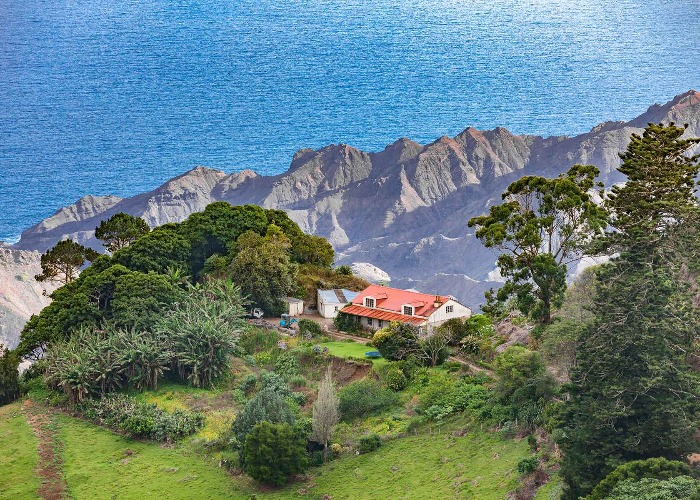
Geography has shaped the way of life and culture of far-flung St Helena for centuries. Now, cut-off from the world again because of COVID-19, how is the tiny British Overseas Territory surviving?
St Helena is the other side of British life, the one that very few travellers ever see.
It is a place of unimaginable extremes with sub-Saharan savannah, Jurassic rainforest and English country gardens. It exists in a bubble, a headache-inducing distance off the coast of southwest Africa in the middle of the South Atlantic. Go farther west and you are on a coconut-fringed bay in Brazil. Neighbours here aren’t easily won.
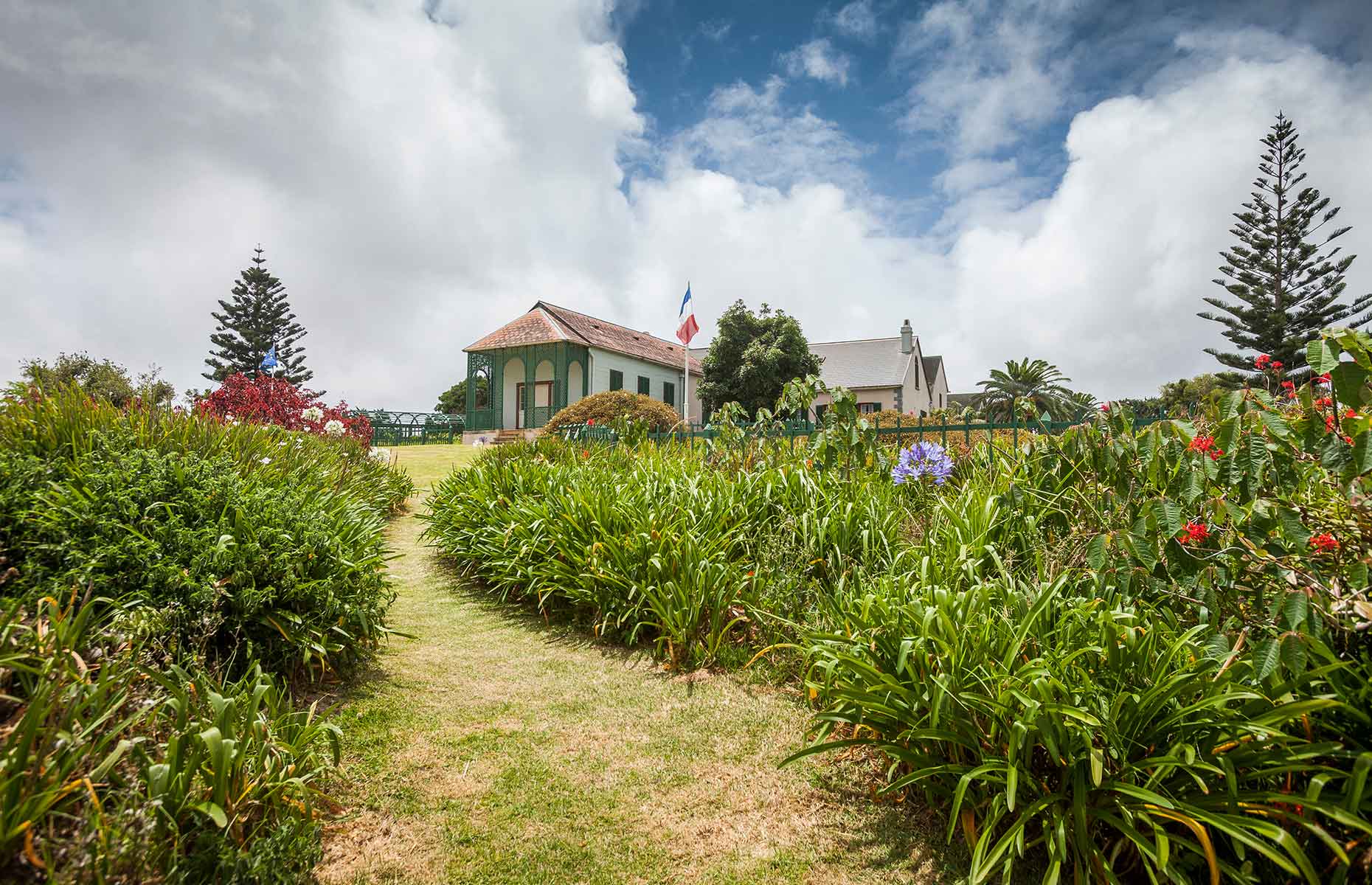 Umomos/Shutterstock
Umomos/Shutterstock
St Helena came to tourism only in 2018, when direct flights from South Africa made it easier to get to and from Europe. The resulting connections, via Johannesburg and Cape Town, saw visitor numbers sharply rise. Last year, more than 5,100 arrived for wildly-remote hiking, scuba diving and out-of-this-world stargazing.
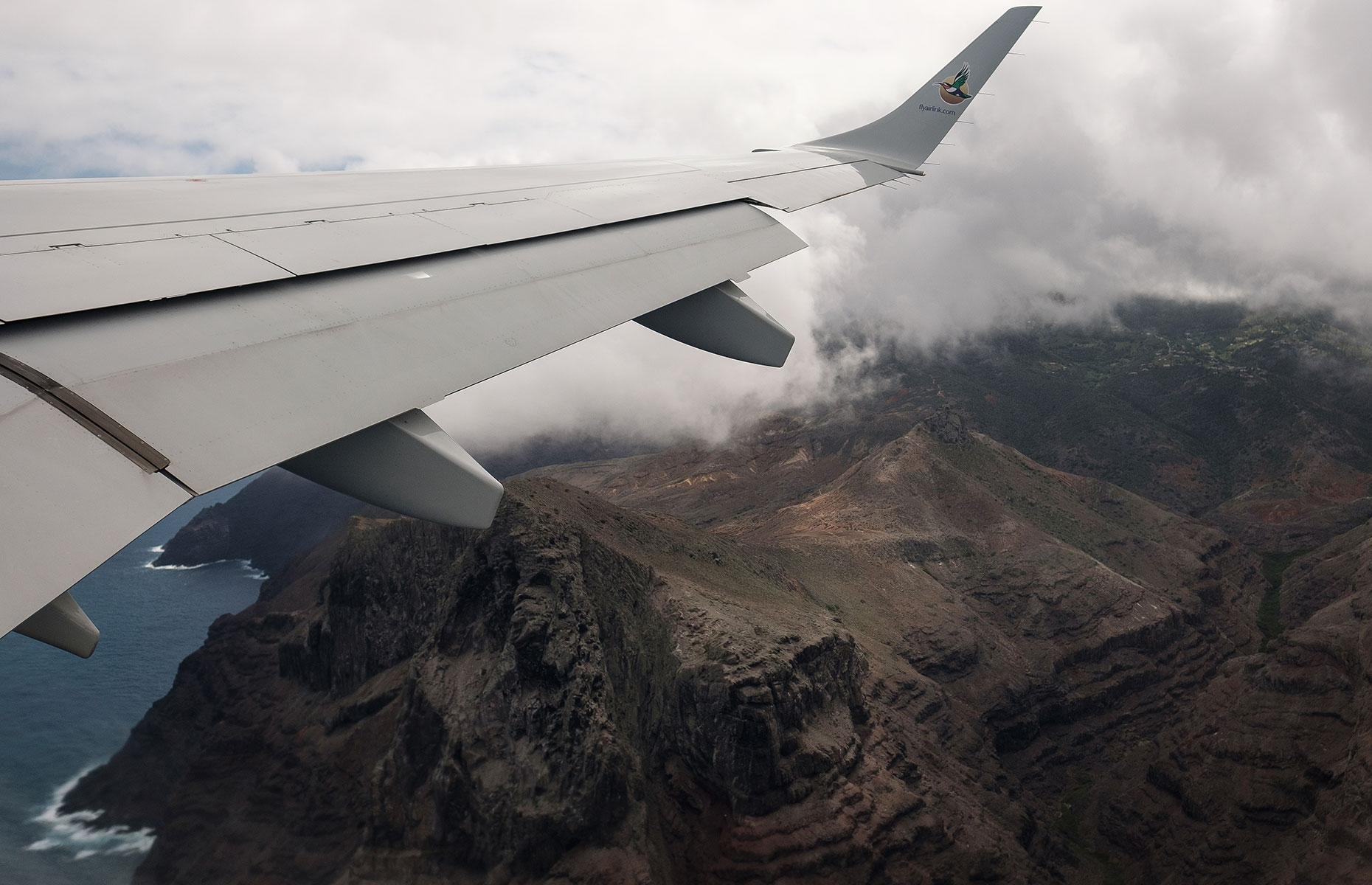 Leon Neal/Getty Images
Leon Neal/Getty Images
Even so, COVID-19 has abruptly stopped all that. The island remains cut off — lock, stock and barrel — with international flights not expected to resume for some time from the new terminal at Bradley’s Camp. But that’s just the beginning of the problems for the island’s fledgling tourism industry. St Helena is already one of the most isolated islands on earth, but it’s also one of the last places with zero COVID-19 cases. Currently, ‘welcome’ is a dirty word.
Struggling to stay afloat
For Colin and Marlene Yon, who run The Town House guesthouse amid the historic swirl of island capital Jamestown, the local industry could take years to recover. “As much as we want the virus kept away from the island, it’s a real drain for the business,” says Colin. “The last time we had a booking was back in March. No one is making any money here right now.”
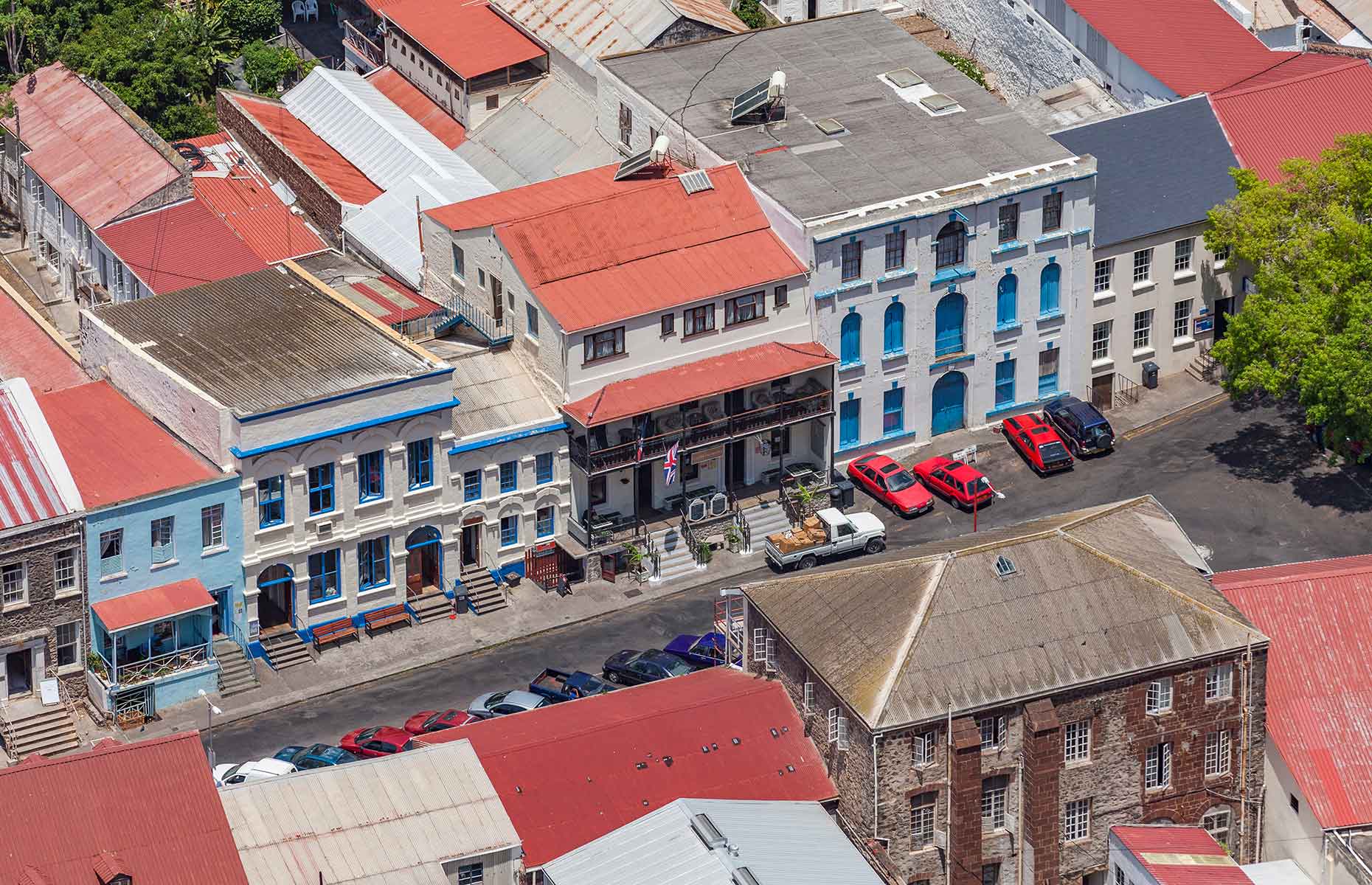 Umomos/Shutterstock
Umomos/Shutterstock
The field has never been truly level for St Helena and there is a definite sense that the future is fragile. To survive, the Yons have repositioned the hotel as a takeaway. “We’re doing curries, fishcakes, tuna, wahoo — the market is flooded with fish right now because there’s more than islanders could ever eat,” says Colin. “But there are also real food shortages and shopkeepers are enforcing rationing. Potatoes and rice are like gold.”
READ MORE: Abandoned islands the world forgot
Considering how isolated St Helena is from the rest of the world, the global pandemic continues to have a knock-on effect on daily life. COVID-19 remains absent, but social distancing was in full effect until recently, with islanders — or Saints as they’re also known — acting as if the island was in the throes of an epidemic. Which is just as well: because with its elderly population, any outbreak would be devastating. Health resources on the island are finite.
Plenty of other tourism businesses are feeling the impact too. South African-born brothers Keith and Craig Yon, who run diving and deep-sea fishing operation Into the Blue, have also moved into the food business. Until March, however, their whale shark snorkelling tours were wowing wide-eyed visitors. Now? Nothing.
“The story is the same right across the island,” says Shelley Magellan Wade, St Helena Tourism supervisor. “We remain open and we are accepting visitors, but any travel here is classified as non-essential. So it’s come to a complete halt.” As a safety precaution, local government restrictions continue to enforce two weeks of quarantine, barring time spent at sea.
Unexpected guests
Two British sailors who did arrive, however, have since decided to stay longer than first planned. “They anchored for a two-day stopover, but have been here for three months now,” says Shelley. “They planned to sail onwards to Brazil, but instead have integrated into island life, renting a house and helping out in the grocery store.”
As for the future, St Helena Tourism is working on a new post-COVID 19 recovery strategy, including creating a virtual tour so the rest of the world doesn’t forget about the far-flung outpost.
READ MORE: Why the Faroe Islands should be on your wish list
What is also new is the attitude: islanders once resistant to change are now full-heartedly embracing an outward-looking approach, “After two years of regular flights, we stopped feeling so isolated,” says Shelley. “We’ve become used to a constant supply of visitors and goods. All those little things that we took for granted are sorely missed now.”
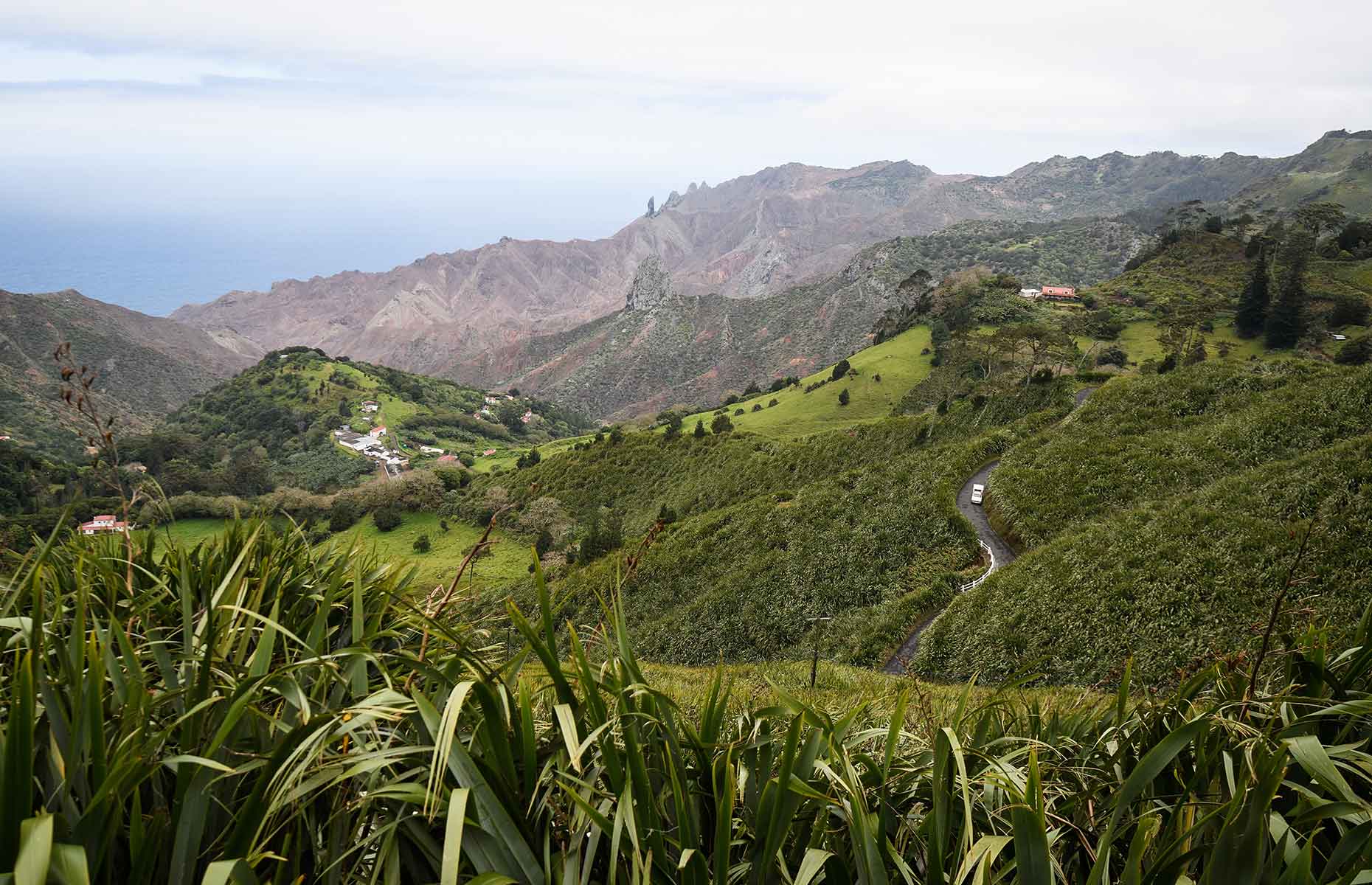 Leon Neal/Getty Images
Leon Neal/Getty Images
Oh, and there is another silver lining: the island has grown far closer as a community, with the buzz words being solidarity, connectivity and communal goodwill. The distilled essence of St Helena — the warmth and hospitality Saints are famous for — is a singular reminder that this remote outpost will survive, as it has done since the 16th century. “For me, our isolation has been our saving grace,” concludes Shelley. “Now, there’s more appreciation for what we have and it’s made us realise how fortunate we are.”
St Helena’s allure is to witness a different way of life and the island’s pipsqueak size helps pare down that relentless holiday urge to see everything. Here, you really can do it all.
Plus, fair dues to the Saints. To build a tourist industry at the end of the world takes guts. And it’s going to take far more than a global pandemic to stop them from doing that.
Comments
Be the first to comment
Do you want to comment on this article? You need to be signed in for this feature